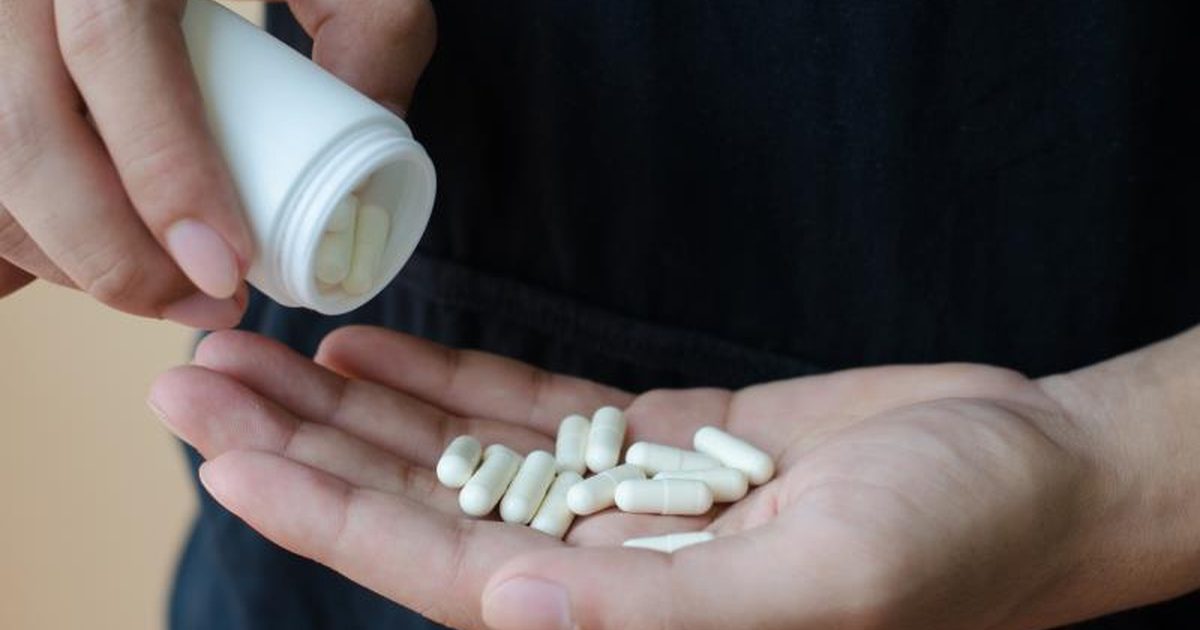Hypnotherapy benefits in addiction treatment

Hypnotherapy benefits in addiction treatment includes proper management of relapse and drug cravings
Hypnotherapy benefits in addiction treatment: It helps people relax
There are very many hypnotherapy benefits when it comes to addiction treatment. And it is important to note that Hypnotic trance is a deeply relaxed state, and it’s noticeable by changes in metabolism, breathing and even brain patterns. In other words, it’s both a mental and physical state of being. According to the experts at AWAREmed health and wellness resource center lead by doctor Dalal Akoury MD and founder of this facility, it is during this relaxed state that, the person being hypnotized is more open to discovering the mechanisms of their addiction to alcohol. This allows them to discover the receding tide and flow of their own cravings with the objective of putting together plans to overcome them without any stress or feelings of guilt getting in the way.
In some cases, the hypnotherapist may also train their patients to practice self-hypnosis in their daily lives. Going into a lightly hypnotic state is an excellent way to overcome a craving in real time, and it gives recovering alcoholics a powerful edge against relapse.
Specialists in hypnotism for addiction
When opting for hypnosis treatment it is important for patients to know that there are no set parameters on who to choose and so one must shop around for the best to carry out the therapeutic process. To some extent, the level of proficiency required from a specialist depends on the depth of the therapy. For recovering alcoholics who are merely seeking to arm themselves with plans for fending off cravings and relapse, a basic behavioral therapist is more than qualified. Hypnotism of this caliber is relatively easy to carry out, and while it certainly should not be performed by amateurs it doesn’t require a great deal of specialization. Any professional practicing hypnosis as a treatment for addiction should be certified by the relevant authorities.
However, some rehabilitation clinics and addiction treatment centers are also using hypnotherapy as a means of delving into the person’s mind to root out underlying causes for the addictive behavior. This requires careful understanding of the psychology of addiction and should only be carried out under the strict supervision of a qualified psychologist.
Hypnotherapy benefits in addiction treatment: Limits of Hypnosis
When considering hypnosis for addiction treatment, it’s important to acknowledge the different types of addiction whether it is a physical or mental plane or both. A physical addiction involves a substance like alcohol, which enters the body and changes its operations. The damage that the substance exacts on the body may be reversible, but no amount of hypnosis is going to repair these physical changes. However, from a mental perspective, addiction is rooted in repetitive behaviors and environmental triggers, and the settlement comes in some form of fulfillment. Some addictions are completely mental, such as addictions to gambling or pornography. Many of these register the same triggers and behavioral patterns and are also at work in physical addictions like alcoholism.
Finally, in either case, hypnosis is a tool that the mind can use to address thoughts and behaviors that are related to addiction. And for all your addiction concerns, we want to ask you to be very proactive and take timely decisions by scheduling an appointment with the experts at AWAREmed health and wellness resource center to help you stay focus to the bigger objective.
Hypnotherapy benefits in addiction treatment: It helps people relax
http://regenerativepotential.com/wp-admin



